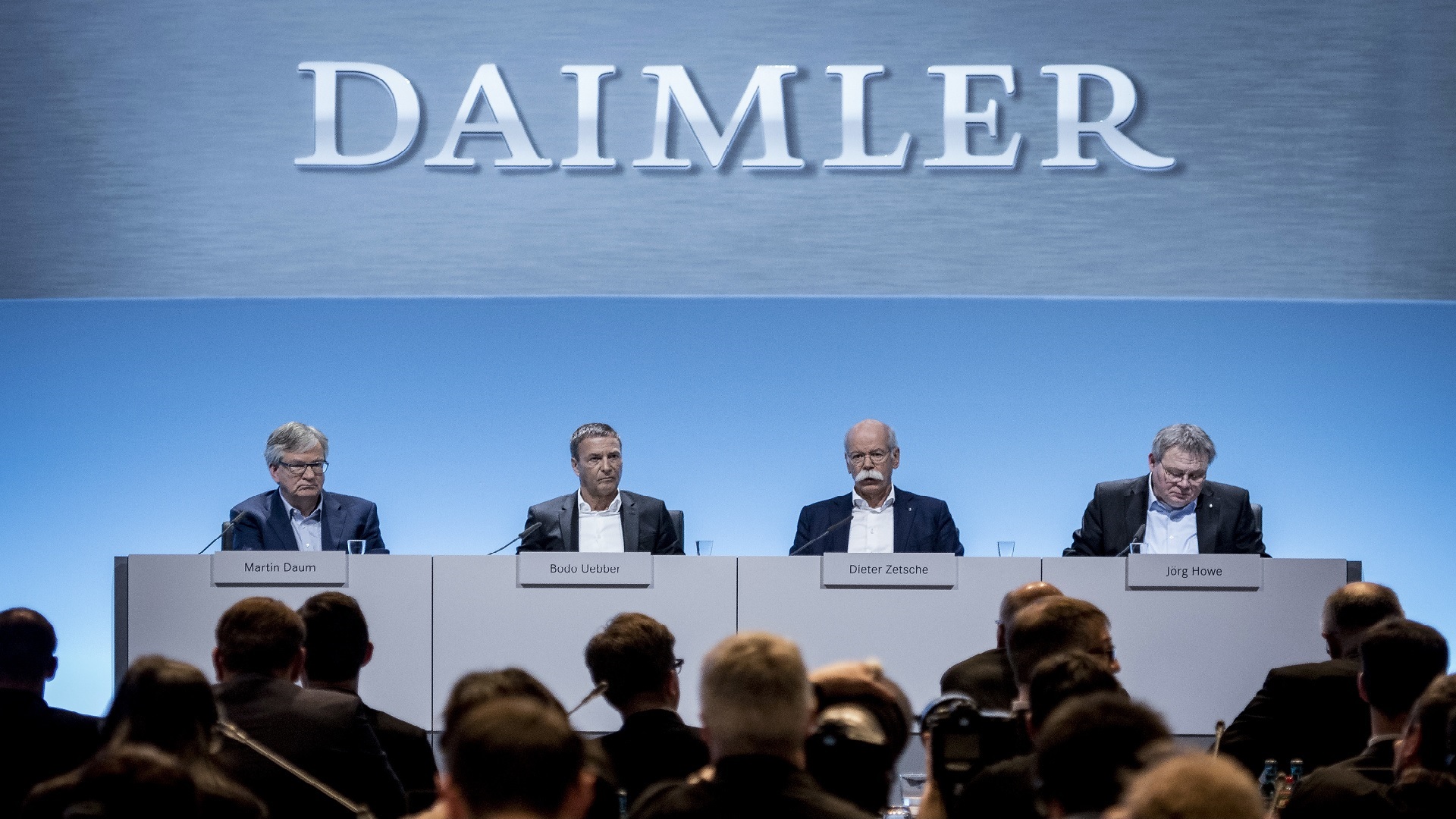

German authorities have been cracking down on manufacturers since the Volkswagen Dieselgate scandal first besmirched the reputation of its domestically produced vehicles. In a report uncovered by Reuters, a local news source found that the country’s Federal Motor Transport Authority (known as the Kraftfahrt-Bundesamt, or KBA) discovered five “illegal switch-off devices” on Daimler vehicles.
The KBA mentioned that it believed Daimler had equipped the device in the majority of its “Euro 6” classified diesel engines, meaning that at minimum, vehicles manufactured after September 2014 when the pollution standard became effective. In all, the agency believes that this tallies up to around 1 million vehicles across all of Europe.
Modern diesel vehicles use an injection system to pump a fluid known commonly as AdBlue (comprised of one-third part urea and two-thirds part deionized water) into the exhaust stream of diesel vehicles. The fluid helps to reduce the nitrogen oxide (NOx) emissions that are present in the exhaust gas after combustion, allowing the vehicle to operate more cleanly. During the Volkswagen Dieselgate scandal, it became apparent that manufacturers were controlling the amount of urea injected, effectively allowing the affected vehicles to pass a nonpermissible amount of pollutants while not being tested for compliancy. The KBA believes that Daimler may have taken a similar approach to avoid detection
“In our integrated emission control systems, there are several hundred functions interlocked with each other, which cannot be considered independently from each other,” a Daimler spokesperson told The Drive. “Those functions are part of a complex emission control system designed to ensure robust emission control in different driving conditions and over the lifetime of a vehicle. We will file an objection against the decision issued by the KBA (German Federal Motor Transport Authority). If necessary, we will have the disputed facts resolved in court.”
The spokesperson declined to offer any further information.
This is not the first time that German authorities have probed into Daimler’s operations regarding an alleged Dieselgate of their own. Last month, 11 different Daimler offices were raided in conjunction to the ongoing investigation. These types of discoveries further reinforce the idea of cartel-like diesel manufacturing across Europe. For now, the company has avoided any substantial setbacks, other than stock prices, in the news.